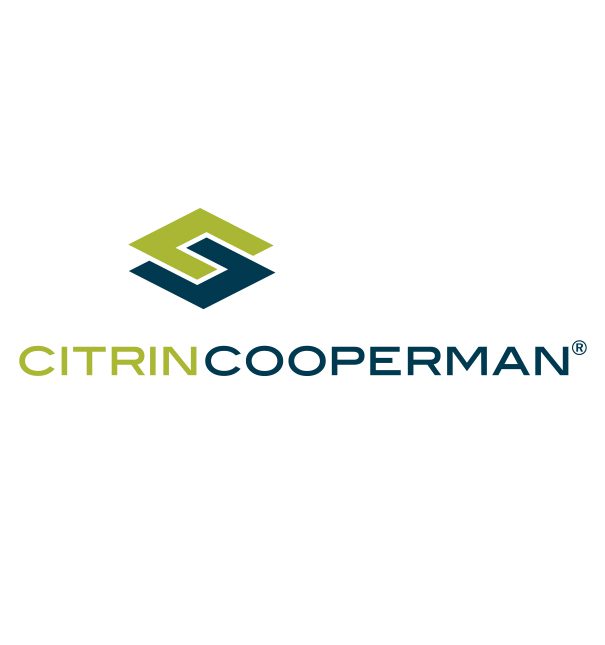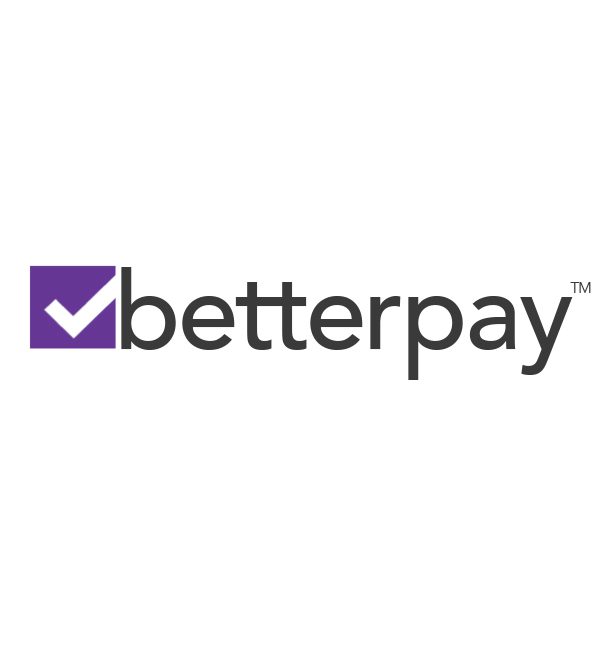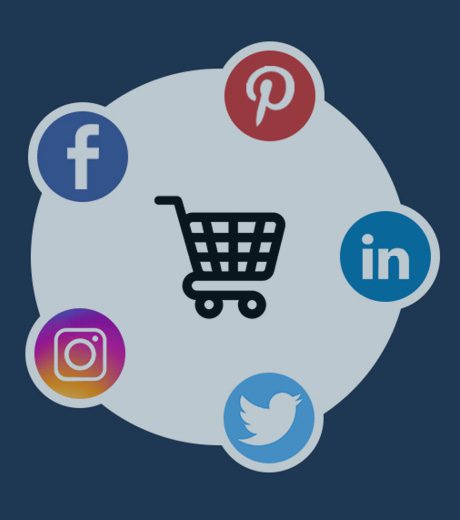As a young business leader, investing in your development is essential. Leadership development involves more than just acquiring new skills; it also requires a commitment to continuous learning. One way to develop the skills needed to be an effective leader is by finding a mentor who can provide guidance and support. A mentorship relationship can be beneficial for both parties involved. The mentee can learn from the mentor’s experience and knowledge. In contrast, the mentor can gain satisfaction from helping develop the next generation of leaders. When both parties are committed to the mentorship, it can be a powerful tool for leadership development.
HFA asked the following industry professionals about the importance of mentorship and what it has meant for their lives and careers.

Why is mentorship important?
Emily Boyst: If executed well, mentorship can provide objective insight into your goals and bring critical awareness of strengths and opportunities for your growth and career advancement. Many times, other people can see where we shine and where we could improve better than we can see ourselves. Being open to feedback is critically important in mentorship. A mentor must be willing and able to give critical feedback, while a mentee must be willing and able to receive it. Having a trusted mentor to help you pivot or work through a difficult challenge can provide defining moments in a person’s career.
Eric Easter: Mentorship is the opportunity for one-on-one learning in a collaborative, non-threatening environment. It requires a genuine willingness to share and a genuine willingness to listen and learn.
Jonathan Schulman: Having a mentor is critical to help fill your head with the good stuff, correct you when you get inside your head, and help you chart a path to your version of happiness.
Dana Helms: No one gets somewhere alone. Well, not in my experience. A Mentor can serve many different purposes in our lives. Personally and professionally. I also believe you can have and need more than one type of mentor. You go through all phases and chapters in your career, and you will need further advice and support from different skill sets. Mentorships can cultivate leadership skills like listening, compassion, and giving and receiving feedback. One key you must remember with mentoring or getting mentored is that it’s a two-way street. A mentor expands your network and opens doors to new opportunities. They can offer invaluable tacit knowledge and guidance for free. In any case, with a mentor, there is accountability so that you can achieve those goals. The importance and value of a mentor are sometimes unmeasurable.
Lael Thompson: Learning how to be successful in business goes hand in hand with life skills. With several mentors and coaches in my life, I learned how to understand different personalities, patience, and perspective. Business is business, but our industry is about relationships. When a mentorship happens with a veteran, you then have access to an incredible network. Depending on your particular need from that mentor, they will ultimately have a connection to help you.
Lorri Kelley: Being a mentor is important because I believe we are all called to give back. If you have had any success at all, it is essential to ensure that we help others succeed and bring up the next generation. Especially coming up as a woman in this industry, I feel honored and duty to mentor.
As a mentee, it is invaluable to have a mentor because they can help you see things you don’t see on the horizon. Sometimes your ego and inexperience will get the better of you, and your mentor can be that levelheaded sounding board and guide for you to make the right decisions.
What has mentorship done for you?
Emily Boyst: I have been fortunate to have several mentors throughout my career. Each mentor provides a unique perspective on how I could reach my goals. Sometimes it’s as simple as mastering a skill I have little experience. Other times it’s been figuring out how to lean into my best skillset to become the best candidate for a promotion or new position. Sometimes my mentor is there to ask the hard questions I tend to avoid when assessing myself, like “Is this the right role for me? Is this the right company for me? What does success look like this year to help me take critical steps toward my larger career goals?” My mentors have provided me with opportunities, challenged my thought processes, encouraged me to approach my goals faster, and, most importantly, supported and lifted me when I’ve needed it.
Eric Easter: I have had the opportunity to mentor several folks. It is incredibly satisfying—not many things are better than seeing someone grow and improve and knowing that you played a role in improving their life.
Tell me about a mentor you had and how that relationship shaped you as a person, your career, or how you viewed your future.
Emily Boyst: I met a strong female leader in our industry early in my career through my involvement with WithIt. We became fast friends, and she took it upon herself to take me under her wing and push me out of my comfort zone. We like to use the phrase “voluntold.” I was voluntold to volunteer on some committees and then run a committee. Then plan a significant event. Then join the Board of Directors. These little pushes to get out of my comfort zone accelerated my experiences with accountability, leadership, and finding my voice. Most of my professional growth can be attributed to these moments I was voluntold to do more, to try something new. I continue to find success and improvement opportunities by harnessing this “I’ll give it a shot” mentality. It has completely changed my career trajectory and how high I set my goals.
Lael Thompson: One board member at HFA took me under his wing and helped me navigate the industry. He became like a father in many ways. The beauty of mentorship is that you feel safe, can talk about anything openly and freely, and get the answers and advice you need without judgment. They are there to help guide and help you accomplish your goals. Ron crossed the business and personal realm and helped shape me as a leader and person!
Jonathan Schulman: I’ve been lucky enough to have a few mentors throughout my professional life. My first mentor was a gentleman who ran the South African Breweries, retail division. He was the kindest, most thorough, strategic, and witty person I’ve ever met. He was always quick with a story or anecdote to teach a lesson. We worked very closely together for years, and even though he was 40 years older than me, I often think back to his wise words and demeanor in the face of a challenge. I was also lucky enough to have access to a guy who was very high up during the rise of Home Depot, and driving to market with him was just a masterclass in retail, people, and finance. I like to think that the intelligence and sophistication I was exposed to as a younger guy in this business have served me very well as a grown-up.
How did you find a mentor/how would others find a mentor?
Emily Boyst: My involvement in WithIt was the easiest and quickest way I connected with industry professionals who became my mentors. It was the fastest way to find a mentor for me, because I was making authentic connections with people who shared something in common- advancing women in the industry and personal development. A mutual passion is a great way to find a mentor. Also, be intentional with your time and how your network. I have one mentor whom I met randomly at an event and stayed in touch with. Eventually, they became a mentor to me. Remember, a mentor does not have to be in your industry. It can be beneficial to get a more objective perspective on your career or challenges from an “outsider.”
Eric Easter: I have had mentors for various aspects of my life/work. I believe that finding mentors for areas of your life that you want to improve is better than looking for a mentor who does it all. It is each individual’s job to “do it all,” to be true to themselves. The mentor’s job is to help us improve in particular areas of our life. Throughout my life, I have had four different mentors that have helped me: become more organized, helped me develop processes for becoming better at following up, improve my negotiation skills, helped me better understand who I am, and instilled a belief that it is better to treat others as I would want to be treated, to be fair and consistent in my treatment of others, and never to be perceived as playing favorites.
Dana Helms: Get out there. Join something or ask a trusted friend. Mentors can happen, and you don’t even know it. Networking is significant as well. Jump on LinkedIn, Facebook, or even Instagram to connect with people. It’s also about trial and error. Make sure you find the right ones and set healthy boundaries. I went to a WITHIT event in 2007 that my past employer had urged me to go to, and after that first event, I knew I had found my people!
Lael Thompson: I got involved in HFA and became a board member when I was 23. It was amazing to be around people at a place I wanted to get to and knew the path to get there. This leadership community welcomed my youthful energy and drive and gave me an environment that helped me grow.
Lorri Kelley: If you have an old boss that you admired and respected, you may ask them to be a mentor. They know you, how you work, and your personality; it is a quicker, more beneficial relationship. When you already have a relationship with someone, it becomes easier to take it to a new and different level. Both sides of the mentorship need to be committed and prepared for the conversation. The mentee has to come and say here are some things that I am struggling with and the mentor then needs to provide tools, advice, and strategies to overcome.
These professionals have benefitted greatly from the valuable mentorship opportunities that have given them the knowledge, tools, and confidence to impact the industry in meaningful ways. Thanks to the connected community of the home furnishings industry that continues to make sure valuable leadership development opportunities are available.
Discover more leadership and management resources here.












